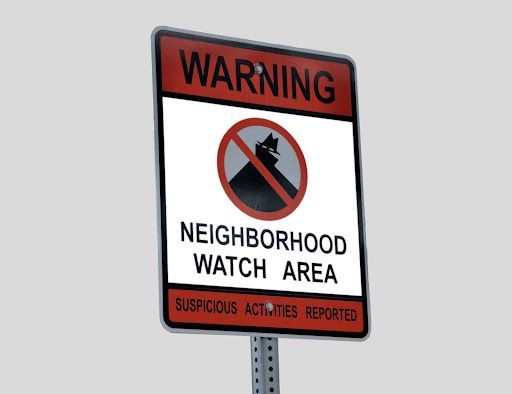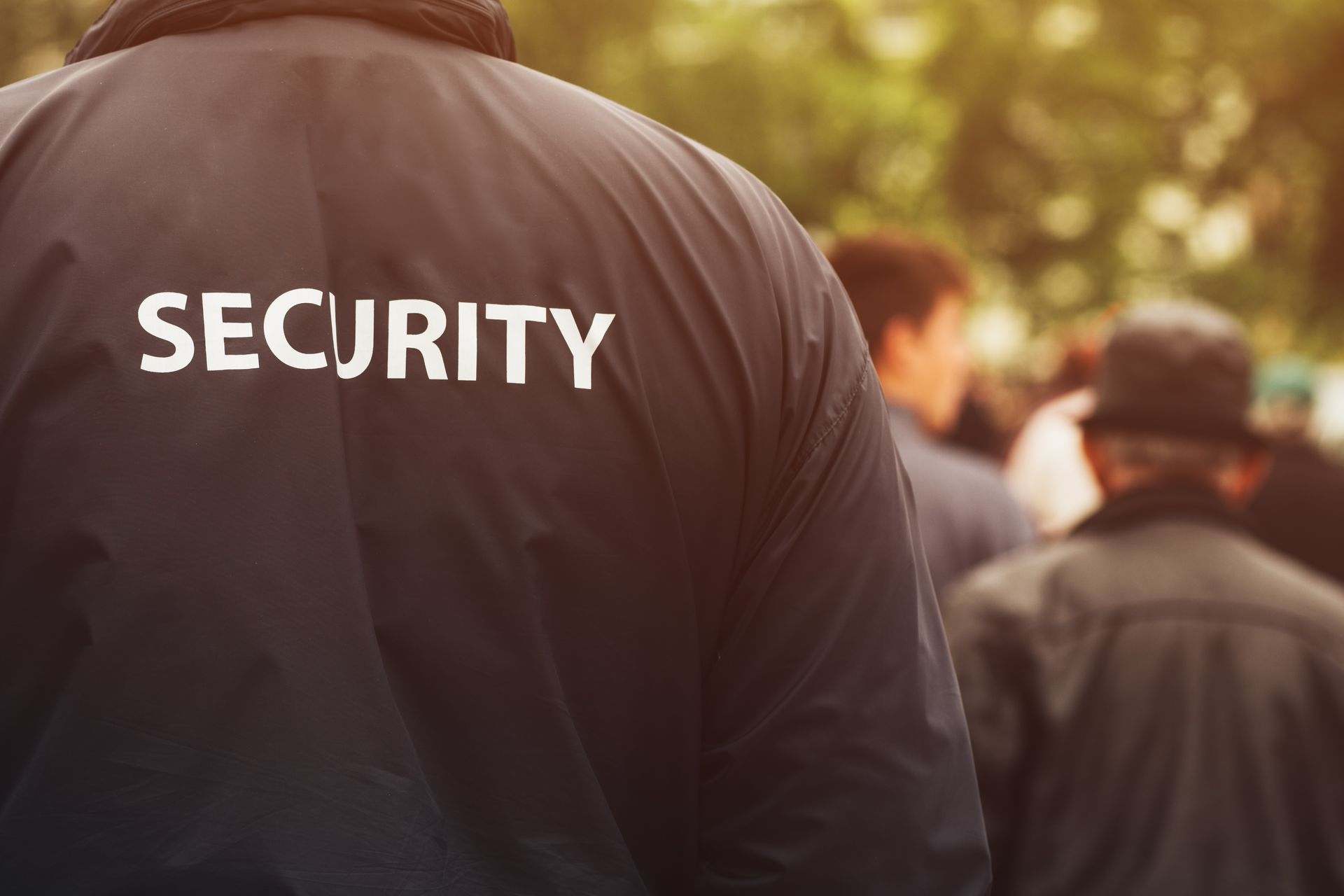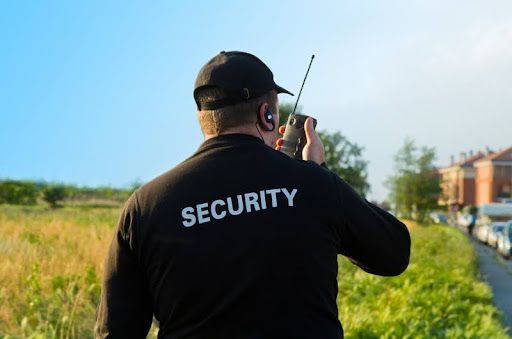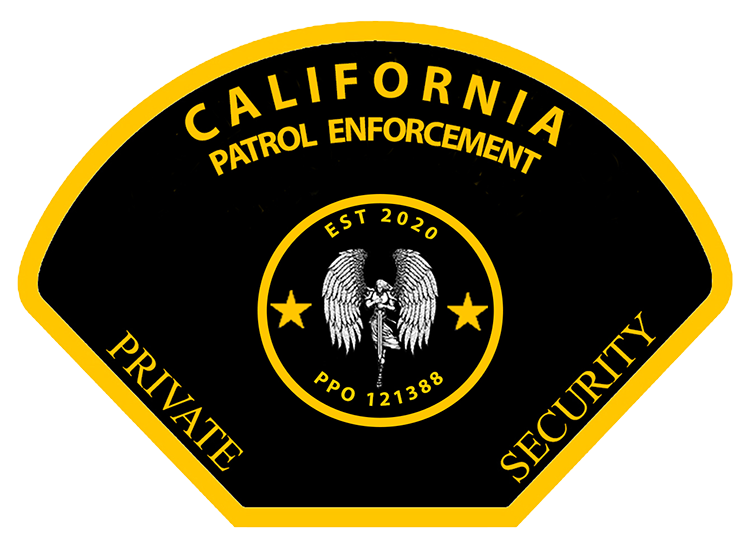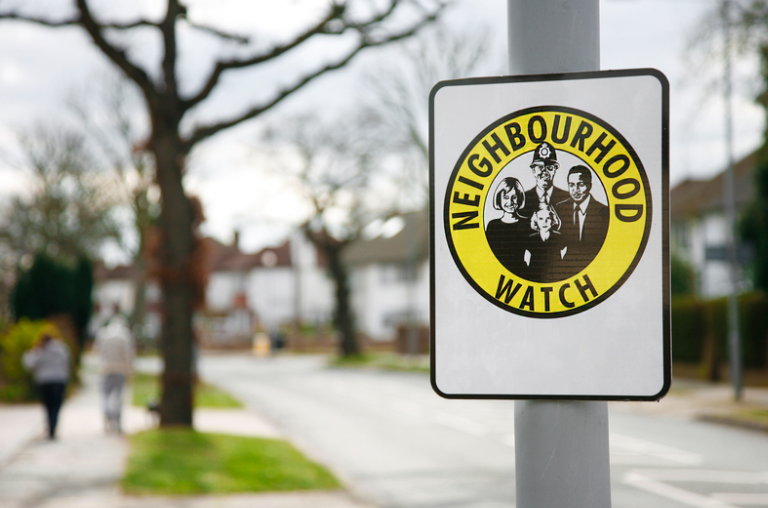From Workshops to Watchfulness: Organizing Community Safety Seminars
Community safety seminars are essential in educating the public and preventing crime, contributing significantly to public safety. These gatherings offer community members a chance to learn about safety measures, interact with experts, and cultivate a collective sense of responsibility toward reducing crime. In California, cities like Long Beach and Oakland have benefited from such programs, showing how informed communities can enjoy lower crime rates.
In Long Beach, for instance, these seminars have emphasized neighborhood watch programs, which have played a crucial role in decreasing burglary rates. Similarly, in Oakland, workshops focusing on cybercrime awareness have equipped residents with the knowledge needed to safeguard themselves online. A study by the National Institute of Justice highlights the effectiveness of community safety initiatives, underscoring their role in creating safer neighborhoods.
Selecting Relevant Topics for Community Safety Workshops
Choosing the right topics for community safety workshops is vital for
addressing the specific concerns
of different areas. In Sacramento, issues like burglary and vandalism may be more pressing, while in Folsom, cybercrime might be a greater concern. Customizing seminar topics to these local issues ensures that the workshops are both relevant and impactful.
Topics such as personal safety, home security, and emergency preparedness should be included to address a wide range of safety concerns. Engaging with community members to gather input on their priorities can help organizers select the most pertinent topics. Current events and trends should also be considered, as they often influence the safety concerns of a community.
Finding and Engaging Expert Speakers
The success of community safety seminars heavily relies on engaging knowledgeable speakers. Experts can be sourced from local law enforcement agencies, security professionals, or academic institutions. In Roseville, collaborations with local police departments have brought in experts to discuss the latest in home security technologies.
When reaching out to potential speakers, it's crucial to ensure that their expertise aligns with the community's values and concerns. Organizations like the National Crime Prevention Council can be valuable resources for connecting communities with expert speakers. Establishing a clear communication channel and securing commitments well in advance can help in organizing a successful seminar.
Collaborating with Local Stakeholders
Building partnerships with local stakeholders is essential for maximizing the reach and impact of community safety seminars. Schools, businesses, and neighborhood associations in Vacaville, for example, have played a significant role in promoting and supporting safety workshops. These collaborations help leverage resources and reach a wider audience.
Involving local government officials and law enforcement in the planning process can enhance the credibility and effectiveness of the seminars. Successful collaborations, such as those seen in Sacramento, often involve a coordinated effort between various stakeholders, leading to impactful safety workshops. Social media and local media outlets are effective tools for promoting these events and engaging the community.
Planning and Executing the Seminar
Organizing a community safety seminar requires meticulous planning and execution. Selecting an appropriate venue and scheduling the event at a convenient time are key logistical considerations. Creating an engaging agenda that includes interactive elements like Q&A sessions and hands-on demonstrations can significantly enhance the learning experience for participants.
Ensuring accessibility for all community members, including those with disabilities, is a critical aspect of seminar planning. Effective communication and marketing strategies, such as utilizing local newsletters and online platforms, can help boost attendance and ensure the seminar's success.
Measuring the Impact of Community Safety Initiatives
Evaluating the impact of community safety seminars is essential to understand their effectiveness and make necessary improvements. Methods such as surveys and feedback forms can be used to gather participant insights and assess the seminar's success. Tracking changes in community safety metrics, such as crime rates, can provide tangible evidence of the initiative's impact.
Ongoing assessment and adaptation of seminar content are crucial to maintaining their relevance and effectiveness. Communities like Folsom have successfully reduced crime through continuous educational initiatives, demonstrating the importance of regular evaluation and adaptation.
The Role of Technology in Community Safety
Technology plays an increasingly vital role in community safety efforts. From advanced surveillance systems to neighborhood watch apps, the integration of technology can significantly enhance crime prevention measures. In urban areas, the use of smart technology has improved emergency response times and facilitated better communication between residents and law enforcement.
The implementation of cybersecurity measures is also crucial in protecting residents from online threats. Community seminars can serve as platforms for educating the public about the latest technological tools available for personal and community safety. By staying informed about technological advancements, communities can better protect themselves against both physical and digital threats.
Funding and Resources for Community Safety Initiatives
Securing adequate funding and resources is a crucial aspect of organizing effective community safety seminars. Many communities rely on grants from government agencies or private organizations dedicated to public safety. Local businesses and philanthropic groups can also be potential sources of financial support.
In some cases, community fundraising events can help generate the necessary funds to host seminars. By pooling resources, communities can ensure that their safety initiatives are well-supported and sustainable over the long term. Transparency in the allocation of resources is important to maintain trust and accountability among community members.
Engaging Youth in Community Safety Efforts
Involving young people in community safety initiatives can lead to more sustainable and impactful outcomes. Youth engagement can be fostered through educational programs in schools that focus on safety awareness and crime prevention. Encouraging young people to participate in community watch programs or volunteer for local safety events can instill a sense of responsibility and leadership.
By empowering youth to take an active role in their community's safety, communities can benefit from fresh perspectives and innovative solutions. Young people can also act as ambassadors for safety initiatives, helping to spread awareness and engage their peers in meaningful ways.
Building a Culture of Safety
Creating a culture of safety requires ongoing effort and commitment from all community members. Regular communication and collaboration among residents, local authorities, and organizations can help foster a shared sense of responsibility for public safety. Community safety seminars are just one component of a broader strategy to build safer neighborhoods.
By promoting a proactive approach to safety, communities can address potential risks before they escalate into serious issues. Celebrating successes and acknowledging the contributions of individuals and groups can help reinforce the importance of collective action in achieving community safety goals.
Future Directions for Community Safety Seminars
As communities evolve, so too must the strategies for ensuring their safety. Future community safety seminars may focus on emerging issues such as climate-related emergencies, mental health crises, or the impact of social media on crime. Adapting seminar content to reflect these changing dynamics will be crucial for maintaining their relevance and effectiveness.
Innovative approaches, such as virtual seminars or interactive online platforms, can also expand the reach and accessibility of safety initiatives. By embracing new methods and technologies, communities can continue to enhance their safety efforts and build resilient, informed populations.
Community safety seminars are a powerful tool in crime prevention, fostering informed and engaged communities. By selecting relevant topics, engaging expert speakers, collaborating with local stakeholders, and continuously evaluating their impact, these initiatives can significantly contribute to safer neighborhoods across California. As communities continue to face new challenges, adapting and evolving these seminars will be key to their ongoing success in promoting public safety.
For more information on organizing community safety seminars or to collaborate on safety initiatives,
contact California Patrol Enforcement today.
Our team is dedicated to enhancing community safety and is ready to assist with your needs.


